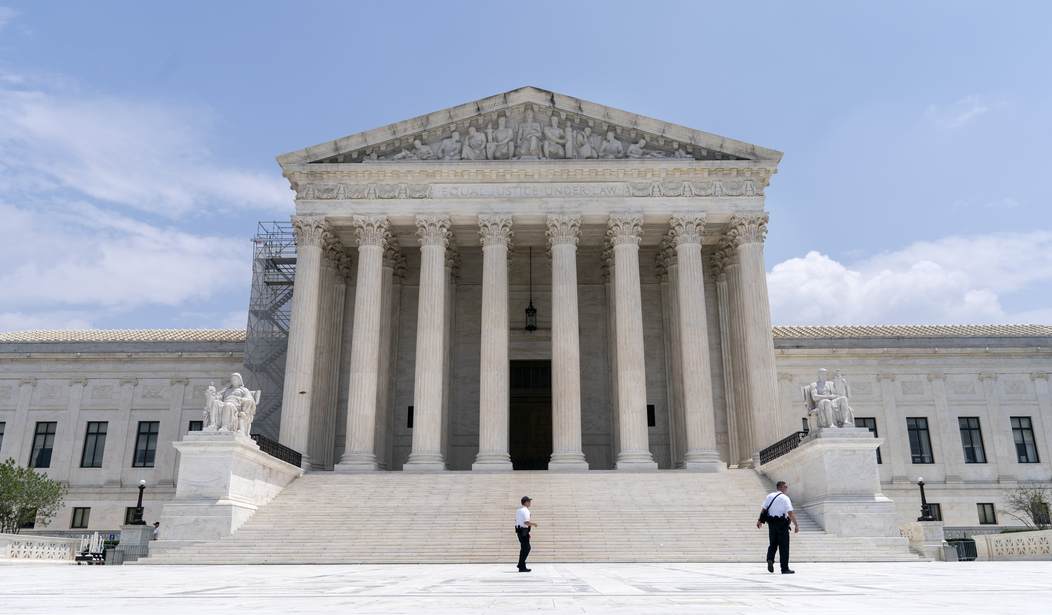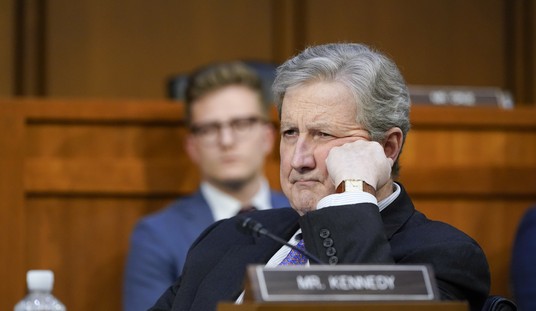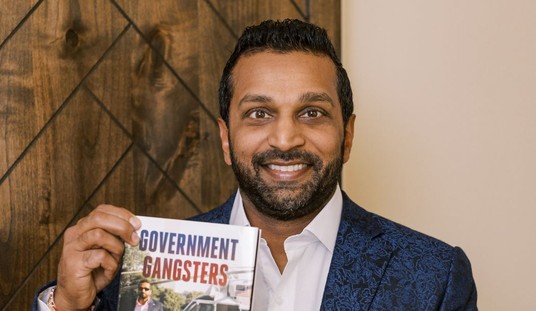On Monday, Biden’s Solicitor General appealed to the U.S. Supreme Court to hear cases pertaining to two laws that have the potential to change the way Americans express themselves on social media platforms. Texas House Bill 20 and Florida Senate Bill 7072 were both signed into law by Texas Gov. Greg Abbott and Florida Gov. Ron DeSantis in 2021. While the two bills are significantly different, both share the same goal: They stand up against Big Tech’s censorious behaviors. They also share the fact that the Biden administration wants to shoot them down and use them as an example to deter any other states from protecting online free speech.
Both bills crack down on the aggressive content moderation that occurs on social media platforms and requires the platforms to explain their content-moderation processes to the public. The legal battles that have surrounded TX HB 20 and FL SB 7072 have been long and have made their way up to the U.S. Supreme Court, where they have sat with little to no recent media attention, until this week.
President Biden’s Solicitor General, Elizabeth Prelogar, filed an amicus brief to the highest court in the land, arguing that they should consider the cases against Texas and Florida, claiming that their objectives are unconstitutional. Ultimately, the Biden appointee argues for the First Amendment rights of the social media platforms.
This argument that the Solicitor General makes is the exact opposite of the argument being made at the state level in favor of these laws. They are intended to protect the First Amendment rights of the people who maintain these inalienable rights. After all, the Constitution does not afford these rights to corporations and companies, but rather to the American people.
The lawsuits brought by NetChoice, a trade group representing Meta, YouTube, and other Big Tech companies, only solidify the assertion that these social media platforms are attempting to maintain a unilateral right to censorship from the Constitution’s free speech guarantee.
Both pieces of legislation were crafted after many blatant cases of censorship on social media platforms, especially surrounding conservative political speech. The laws attempt to challenge Big Tech and the outsized control they hold over the digital public discourse.
The laws also highlight the hypocrisy of social media platforms and their claim that they are simply bulletin boards or conduits for user speech and that they maintain no editorial component. This claim insulates these entities from liability under Section 230 of the 1996 Communications Decency Act. Although it is evident that because they clearly engage in censorship, these platforms do obviously operate in an editorial capacity.
It has also become crystal clear that these platforms operate in an editorial capacity in conjunction with the federal government and federal agencies. The releases of the Twitter Files confirmed what many suspected: that the federal government and its various agencies have been working in tandem with these Big Tech companies for years. From the government’s involvement in removing COVID-19 “misinformation” on platforms, to the FBI working in tandem with Twitter to promulgate certain narratives, to the suppression of certain politicized stories, such as Hunter Biden’s laptop, during the 2020 election season.
It would only make sense that the natural progression of these events would lead to the Biden administration working to squash the laws that would make it more difficult for them to control what Americans can say, see, and have access to on social media platforms.
It would behoove the Supreme Court to follow the lead of Justice Clarence Thomas, who has criticized Section 230’s legal protections given to online platforms and likens these social media platforms to common carriers. If Texas’ or Florida’s laws are upheld by the Supreme Court, it would be a landmark win for free speech and First Amendment rights in the digital age.
Such a decision could also prompt many other state lawmakers to sponsor and advocate for similar legislation in their own states.
Samantha Fillmore ([email protected]) is a Senior State Government Relations Manager for The Heartland Institute.













Join the conversation as a VIP Member